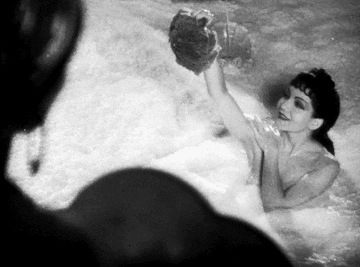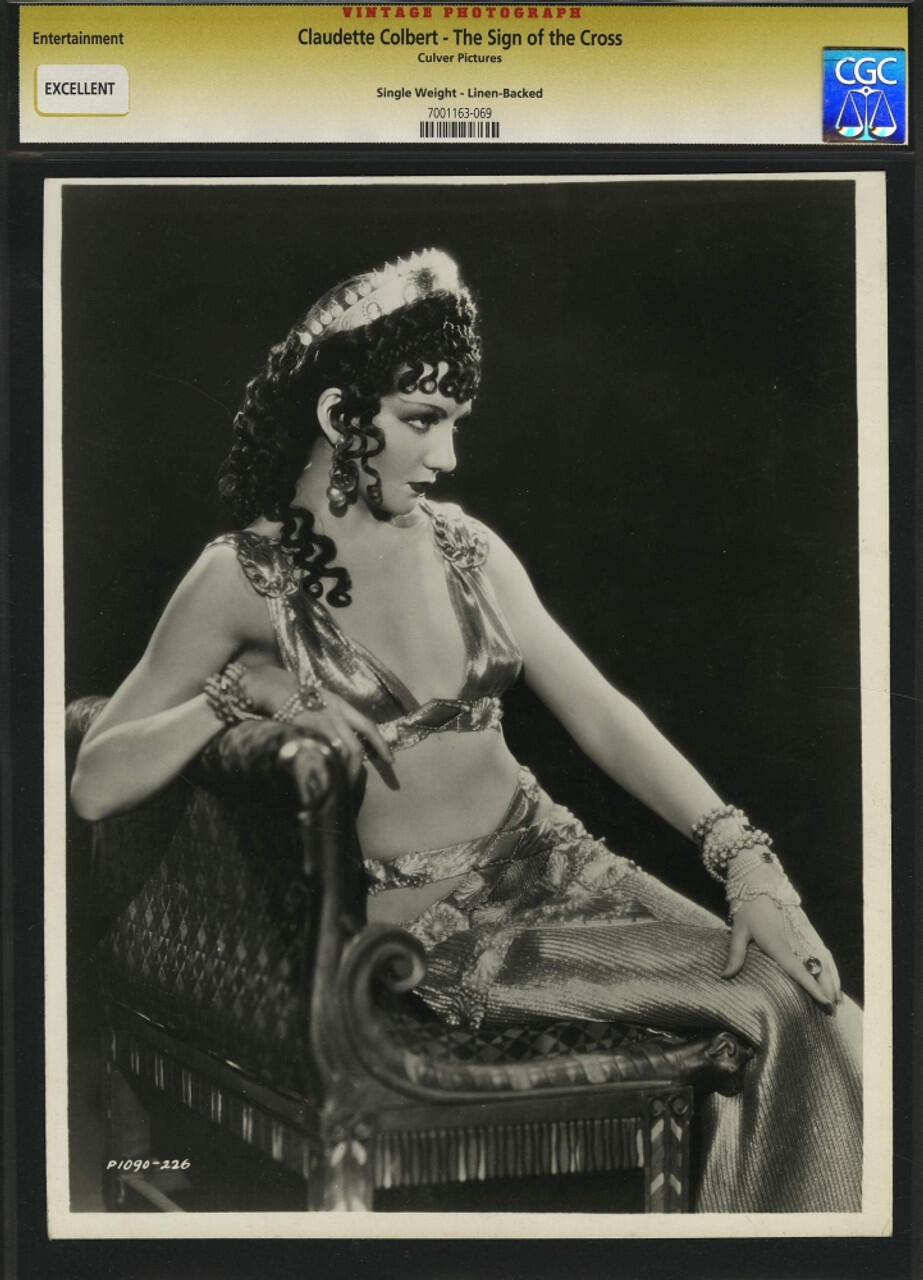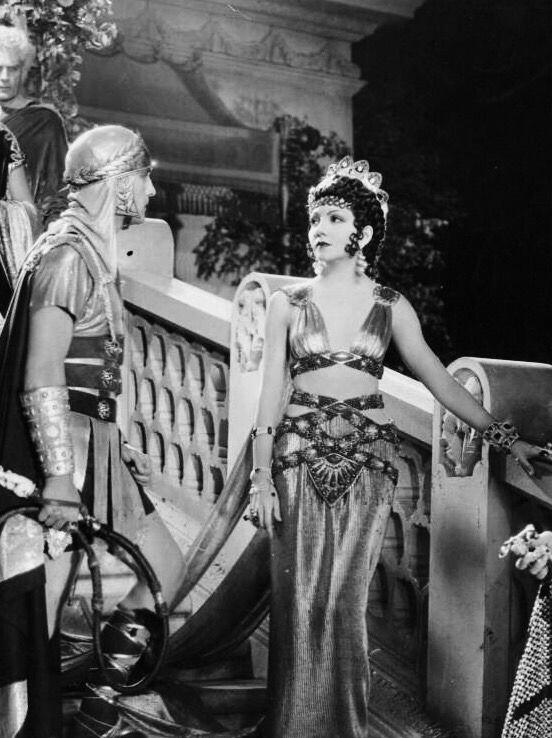graycat on Nostr: Sign of the Cross (Cecil B. DeMille, 1932). I’m ambivalent about this film. On the ...
Sign of the Cross (Cecil B. DeMille, 1932).
I’m ambivalent about this film. On the one hand, it’s full of pre-code spectacle: gladiators, pygmies, barbarians, and African animals, all fighting in the Coliseum. There are naked women (with strategic cover) and nearly naked men. There are unmistakable hints of male and female homosexuality. There are also anti-code elements that make me uncomfortable, such as implied bestiality and the off camera murder of a child.
On the other hand, DeMille still had to face municipal censors, and the implicit deal seems to have been that they would allow his perverse picture to be shown if it propagandized Christianity. That hurts the film as a drama. The Christians in the movie are all virtuous, of course, in contrast to the pagans. To be sure, some of them are reluctant to be martyred, but most of them don’t have a choice. The one who does have a choice, Mercia, holds fast to her ideals, refuses to renounce her faith, and never even seems tempted. The only conflicted character is Marcus, the Prefect of Rome. For 98% of the movie he wants to save Mercia for himself, but doing so would defy Nero and therefore risk his own death. That’s a dilemma, but not an emotional one.
I’m still glad I saw Sign of the Cross, however, because of Claudette Colbert, who played Poppea Sabina, Nero’s wife and empress of Rome. She gave a good performance, as did Charles Laughton as Nero, but that wouldn’t have been enough to save the film. Thank you, costume designer Mitchell Leisen.
#filmstr #movies #PreCode
https://www.imdb.com/title/tt0023470/?ref_=ext_shr_lnk



I’m ambivalent about this film. On the one hand, it’s full of pre-code spectacle: gladiators, pygmies, barbarians, and African animals, all fighting in the Coliseum. There are naked women (with strategic cover) and nearly naked men. There are unmistakable hints of male and female homosexuality. There are also anti-code elements that make me uncomfortable, such as implied bestiality and the off camera murder of a child.
On the other hand, DeMille still had to face municipal censors, and the implicit deal seems to have been that they would allow his perverse picture to be shown if it propagandized Christianity. That hurts the film as a drama. The Christians in the movie are all virtuous, of course, in contrast to the pagans. To be sure, some of them are reluctant to be martyred, but most of them don’t have a choice. The one who does have a choice, Mercia, holds fast to her ideals, refuses to renounce her faith, and never even seems tempted. The only conflicted character is Marcus, the Prefect of Rome. For 98% of the movie he wants to save Mercia for himself, but doing so would defy Nero and therefore risk his own death. That’s a dilemma, but not an emotional one.
I’m still glad I saw Sign of the Cross, however, because of Claudette Colbert, who played Poppea Sabina, Nero’s wife and empress of Rome. She gave a good performance, as did Charles Laughton as Nero, but that wouldn’t have been enough to save the film. Thank you, costume designer Mitchell Leisen.
#filmstr #movies #PreCode
https://www.imdb.com/title/tt0023470/?ref_=ext_shr_lnk




